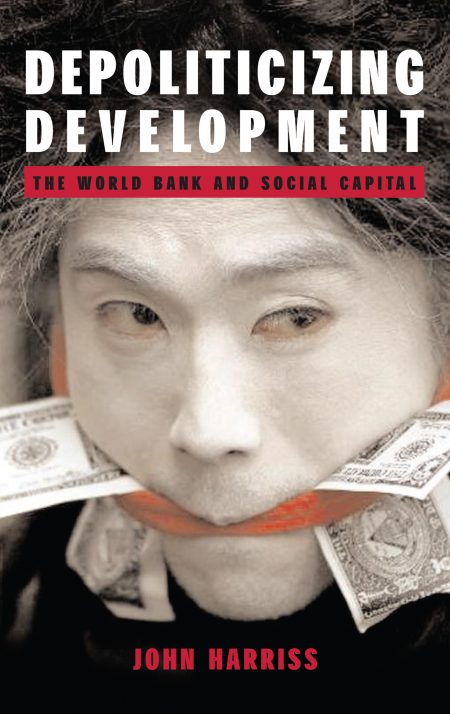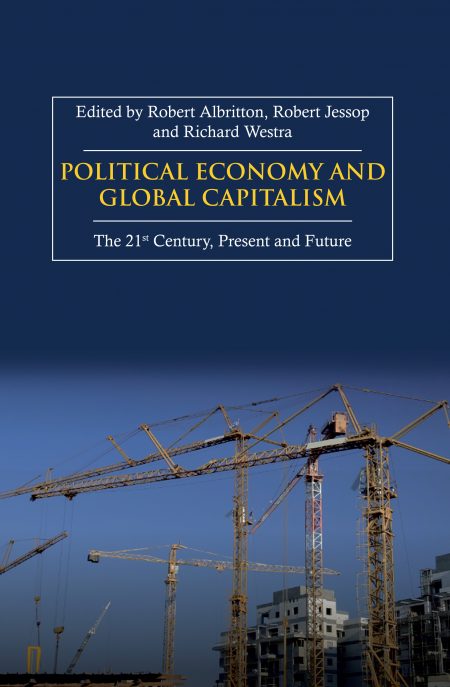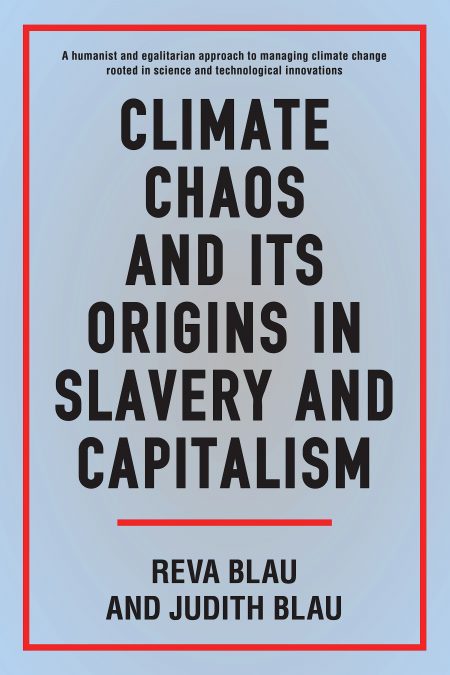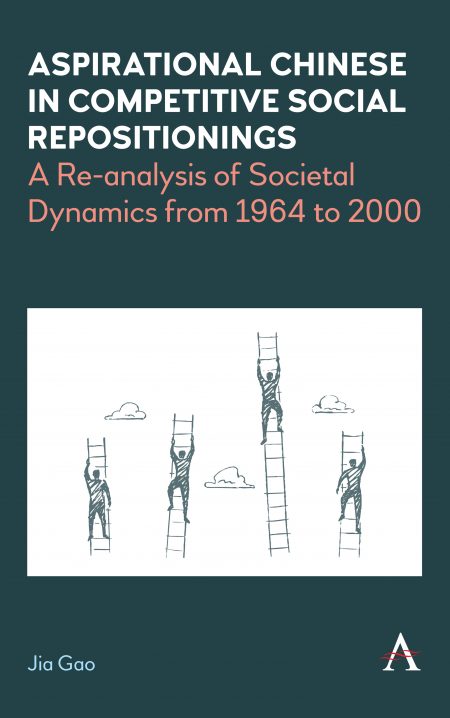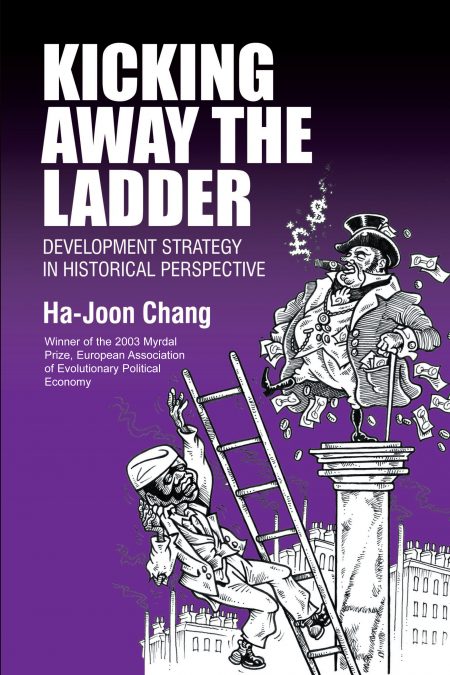Kicking Away the Ladder
Development Strategy in Historical Perspective
Ha-Joon Chang
Select Format
Title Details
- ISBN: 9781843310273
- July 2002
- Pages: 196
- Imprint: Anthem Press
How did the rich countries really become rich? In this provocative study, Ha-Joon Chang examines the great pressure on developing countries from the developed world to adopt certain ‘good policies’ and ‘good institutions’, seen today as necessary for economic development. Adopting a historical approach, Dr Chang finds that the economic evolution of now-developed countries differed dramatically from the procedures that they now recommend to poorer nations. His conclusions are compelling and disturbing: that developed countries are attempting to ‘kick away the ladder’ with which they have climbed to the top, thereby preventing developing counties from adopting policies and institutions that they themselves have used. This book is the winner of the 2003 Myrdal Prize, European Association of Evolutionary Political Economy.
For more information please see the book website: http://kickingawaytheladder.anthempressblog.com
Ha-Joon Chang teaches at the Faculty of Economics and Politics, University of Cambridge.
Introduction: How did the Rich Countries Really Become Rich? Policies for Economic Development: Industrial, Trade and Technology Policies in Historical Perspective; Institutions and Economic Development: ‘Good Governance’ in Historical Perspective; Lessons for the Present; References; Notes; Index
‘The most important book about the world economy to be published in years.’ —’Prospect’
‘Highly relevant to today’s debates about the role of policies and institutions in development as well as the role of government in general… It is a great contribution, not least for its historical approach, and will continue to influence the debate on development.’ —Seb Bytyçi, ‘ID: International Dialogue, A Multidisciplinary Journal of World Affairs’
‘This book is a joy: a fantastically useful teaching aid…a very necessary historical conscience in an age of amnesia.’ —’The Business Economist’
‘This is an intriguing book that raises important issues. Recommended.’ —J. M. Nowakowski, Muskingum College, in ‘Choice’
‘A provocative critique of mainstream economists’ sermons directed to developing countries… It demands attention.’ —Charles Kindleberger, Emeritus Professor of Economics, MIT
‘A scholarly tour-de-force… Essential reading for industrial policy-makers in the twenty-first century.’ —Lance Taylor, Professor of Economics, New School University
‘…A lively, knowledgeable and original contribution to international political economy.’ —John Toye, Professor of Economics, University of Oxford
‘…An original and immensely valuable contribution to current debates on development.’ —Peter Evans, Professor of Sociology, University of California, Berkeley
Related products
-
Rural India Facing the 21st Century
Essays on Long Term Village Change and Recent Development Policy
Edited by Barbara Harriss-White, S. Janakarajan
July, 2004
£115.00 / $115.00 -
-
Political Economy and Global Capitalism
The 21st Century, Present and Future
Edited by Robert Albritton, Bob Jessop, Richard Westra
September, 2007
£115.00 / $115.00 -
Climate Chaos and its Origins in Slavery and Capitalism
Reva Blau, Judith Blau
October, 2020
£29.99 / $29.99 -
Globalization and Challenges to Building Peace
Edited by Ashok Swain, Ramses Amer, Joakim Öjendal
December, 2007
£115.00 / $115.00 -
Aspirational Chinese in Competitive Social Repositionings
A Re-Analysis of Societal Dynamics from 1964 to 2000
Jia Gao
August, 2023
£110.00 / $110.00



